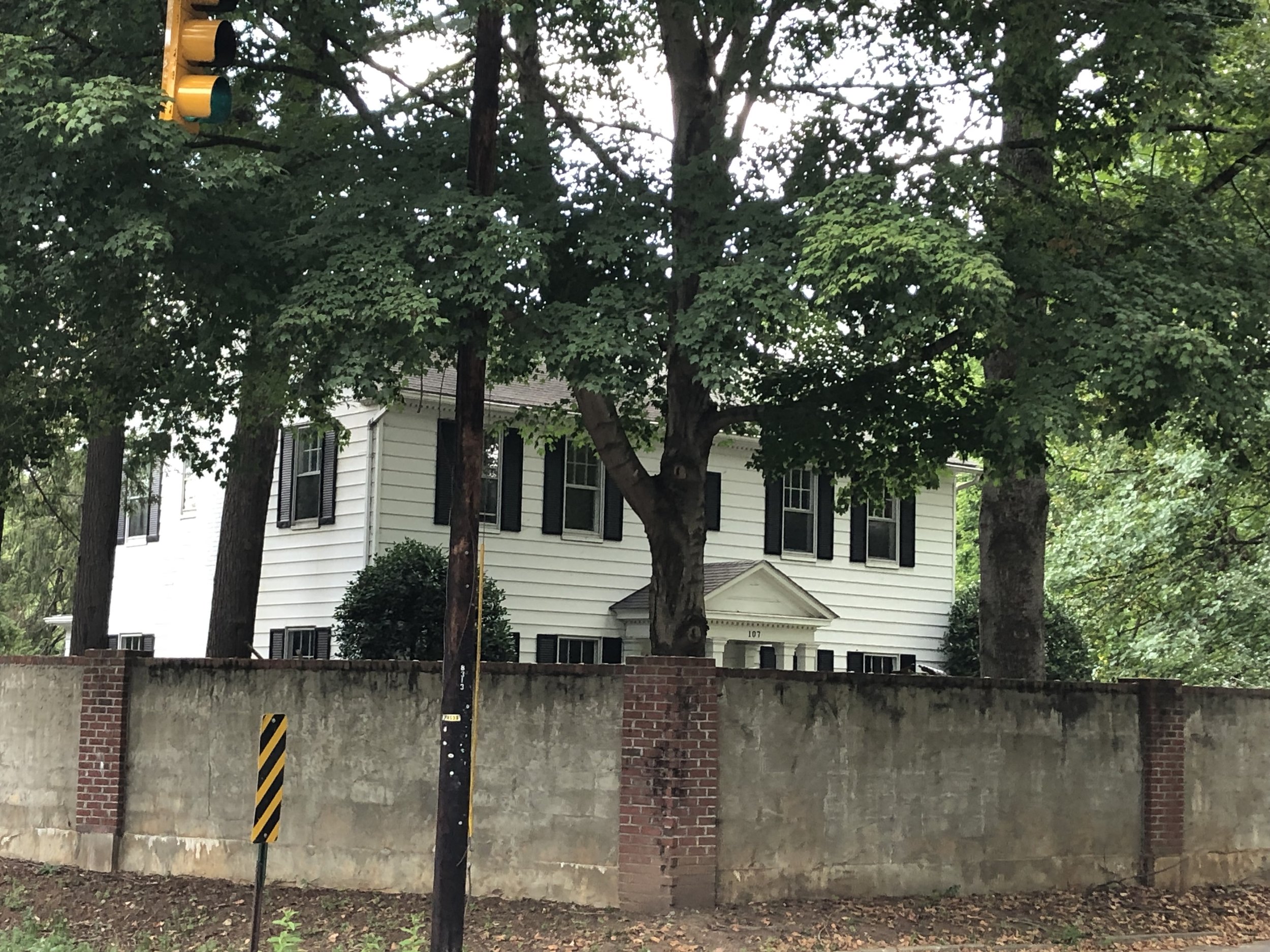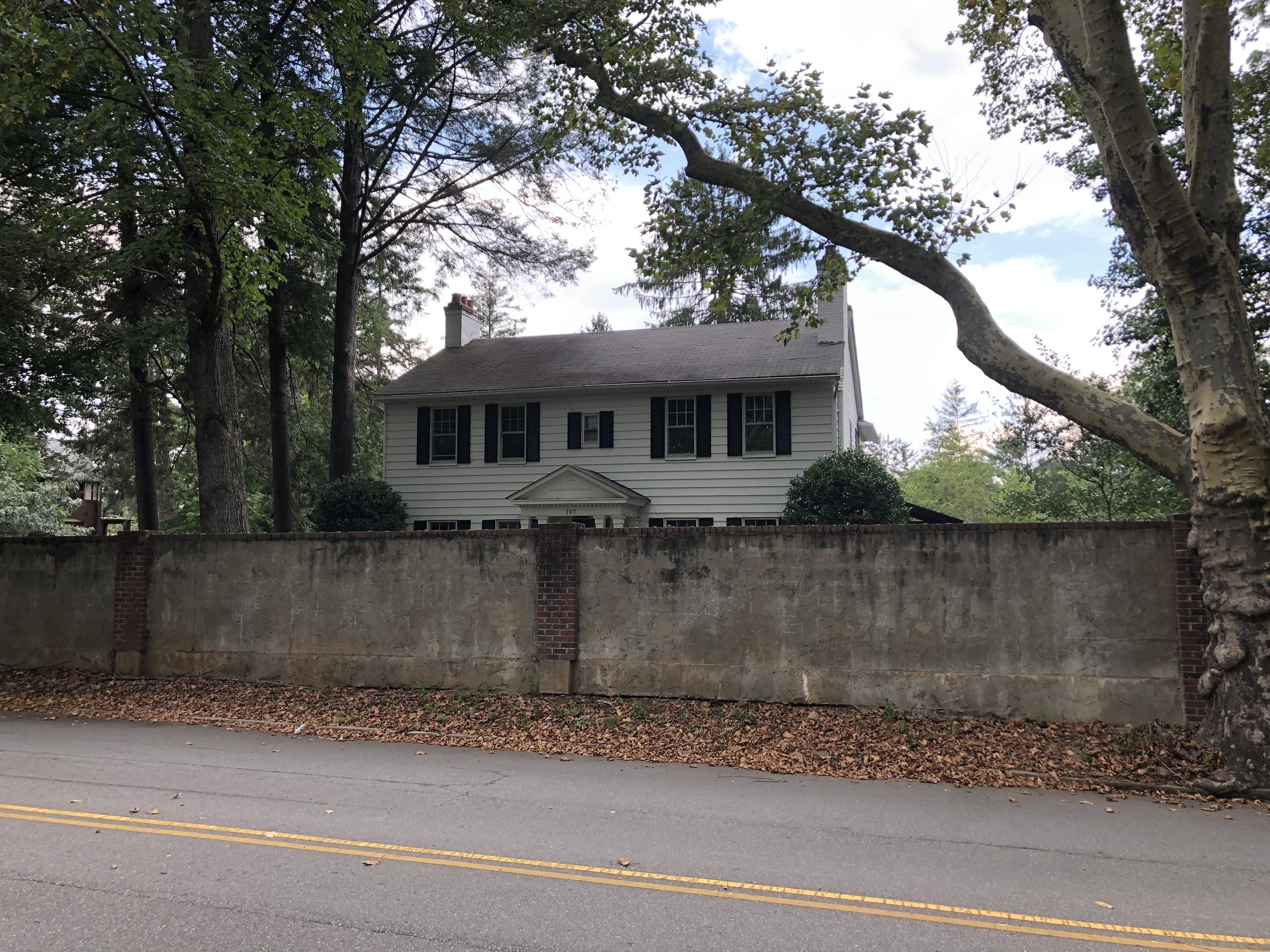W.J.B.
I am embarrassed to admit that the first time I heard of William Jennings Bryan was during my junior year of high school. It was not in history class. We were putting on the play “Inherit the Wind,” by Jerome Lawrence and Robert E. Lee (not the general), about the Scopes “monkey” trial in Dayton, TN, in 1925. The legislature of Tennessee passed a law prohibiting the teaching of Darwin’s Theory of Evolution as fact. A young biology teacher, John T. Scopes, violated the law deliberately, as a test of the constitutionality of the prohibition. William Jennings Bryan was called in to help the prosecution, while the ACLU arranged to have Clarence Darrow defend the teacher. Ultimately Scopes was found guilty and fined $100, but only after Darrow put Bryan on the stand as an expert witness on the Bible, and eviscerated him. The whole thing was gleefully reported by my favorite newspaperman, H. L. Mencken, who wrote the nastiest obituary on record when Bryan died some five days after the conclusion of the trial.
Why am I embarrassed about not knowing of W.J.B., as Mencken referred to him? After all, the Scopes trial was not the national highlight of 1925. There were other events that year that stand out: the publication of “The Great Gatsby”; the dedication of Mount Rushmore; the opening of the first Sears Roebuck store; the publication of the first issue of the New Yorker; the first Grand Ole Opry broadcast; the founding of the Chrysler Corporation. Consider this: three times (1896, 1900, 1908), W.J.B. was the Democratic Party’s nominee for President of the United States. (In 1896 and 1900, he was also the candidate of the Populist Party, which was considerably to the left of the Democratic Party at the time.) Later he was President Wilson’s Secretary of State. It seems almost anticlimactic to note that before all that he was a lowly Congressman from the first district of Nebraska. And all I knew about him was that he was a bigwig helping to prosecute Scopes.
When Bryan was nominated in 1896, he was, at 36, the youngest-ever presidential nominee of any party, a record he still holds. But what, pray tell, lifted this young member of the House Ways and Means Committee to the lofty height of presidential nominee? It was a speech, arguably one of the greatest political speeches ever given, the “Cross of Gold” speech.
The country was on the gold standard, in effect if not by law. The gold standard provided a very sound currency, as the amount of gold in possession by the government was limited. This well-defined money supply tended to keep inflation at bay and made trade with other countries (especially other countries also on the gold standard) easier. Bryan and others with his mindset favored bimetallism, which accepted silver as well as gold as the basis of our money supply. This would have the effect of expanding the money supply, which is inflationary. This meant that borrowers, such as farmers who depended upon credit, could borrow money and repay it later with inflated dollars. Bimetallism was a populist cause and was considered to be vital to the economic health of the nation. (I have really oversimplified this explanation.)
In 1896, Bryan was not on the radar screen as a potential presidential candidate until late in the Democratic nominating convention. He was on the platform committee and pushed very hard to include the “free coinage of silver” or bimetallism as a plank of the platform. He won that argument. His address to the convention, reporting on the platform, was stunning. His concluding statement is one of the all-time great rhetorical flourishes:
“Having behind us the producing masses of this nation and the world, supported by the commercial interests, the laboring interests, and the toilers everywhere, we will answer their demand for a gold standard by saying to them: You shall not press down upon the brow of labor this crown of thorns; you shall not crucify mankind upon a cross of gold.”
The convention broke out in wild applause. It took 25 minutes to restore order. At that point, the convention stopped thinking of Bryan as a powerful voice in defense of silver and began thinking of him as a potent presidential candidate. The next day he secured the nomination, after several ballots.
Bryan never won the White House and his service to Wilson as Secretary of State was cut short when he resigned over a matter of principle. His death soon after the conclusion of the Scopes trial seemed a fitting end for the boy wonder who glowed brightly in the spring of his youth, only to flame out in the autumn of his years.
I have been reading “Look Homeward, Angel” by Thomas Wolfe. It is torture, mental flagellation. I will finish the book only because I have started it. Afterwards, I promise never to read another word Wolfe wrote. The book is fictional auto-biography set in the fictional town of Altamont, which is Asheville. (This is why half the businesses in Asheville have “Altamont” in their names.) About three-fifths of the way through the book, W.J.B appears under his own name. He greets the Altamont citizens who ask him about his plans to retire to Altamont with an evasive answer. At that point, I put the book down and asked the obvious question: did W.J.B actually retire here?
A quick search showed that he lived here between 1917 and 1920. (Remember that he died in 1925.) The house he lived in, built in 1917, is still here and is located near the Grove Park Inn, a very well-to-do section of the town. I had to go see it myself.
The plaque on the house notes that the dwelling (which is occupied by a private owner) is on the National Register of Historic Places. It is a very nice house, but it certainly is far from the most expensive house in the area. It is not an ostentatious house. I do not understand the purpose of the wall. It does not entirely enclose the property, so it must not be there for security reasons. Perhaps the Bryans wished to sunbathe in their front yard in privacy. It is on the corner of one sleepy street and one not-too-busy street. My guess is that more than half of the citizens of the town do not even know it exists. I suppose the home of W.J.B. just is not much of a tourist draw. “William Jennings Who?”
Because it is a private dwelling I had to be contented with taking pictures of the exterior of the house (shown below).
I continue to be amazed by the little historical nuggets I am finding in this city.
The William Jennings Bryan house, taken from the street at the corner where the wall ends.
The wall does not completely encircle the house.
There appear to be alcoves in the privacy wall.
The front of the house.





